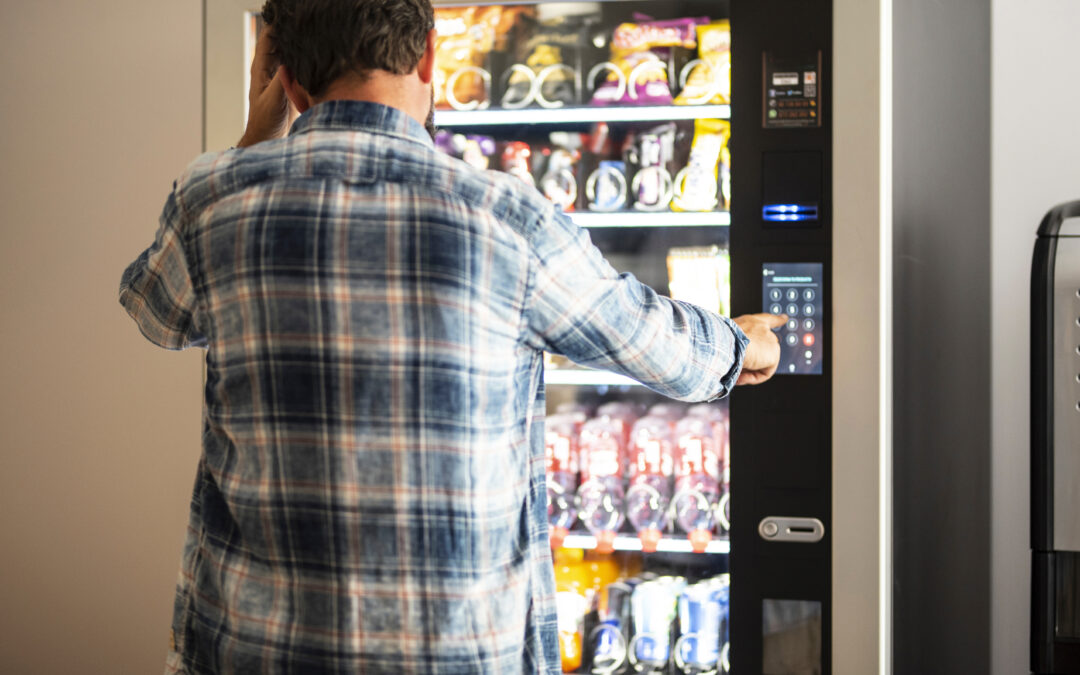When you think of vending machines, you probably imagine snacks, drinks, or even high-tech gadgets. But did you know the first vending machine was invented over 2,000 years ago in Ancient Greece? This incredible innovation wasn’t dispensing sodas or candy—it was created to dispense holy water!
The credit for this early marvel of automated technology goes to Hero of Alexandria, a Greek engineer and mathematician who lived in the 1st century CE. Hero was known for his ingenious inventions, including steam engines and mechanical puppets, but one of his most fascinating creations was a device designed to control the distribution of holy water in temples.
Hero’s vending machine worked on a simple but brilliant principle. Worshippers would insert a coin into a slot at the top of the device. The coin’s weight would press down on a lever, which opened a valve, allowing a specific amount of holy water to flow out. Once the coin fell off the lever, the valve would close, stopping the flow. It was a perfect blend of mechanics and practicality, ensuring that everyone received a fair share of the sacred resource.
This invention showcased not only Hero’s creativity but also the advanced understanding of physics and engineering in Ancient Greece. While the concept of vending machines wouldn’t resurface until the late 19th century, Hero’s invention remains a remarkable example of how ancient societies tackled everyday challenges with clever technology.
Fast forward to today, and vending machines have come a long way. From dispensing fresh pizza to high-end electronics, they’re a ubiquitous part of modern life. But their origin story is a reminder that the roots of automation go much deeper than we might think—back to a time when Greek temples were filled with the sound of clinking coins and the flow of holy water.


